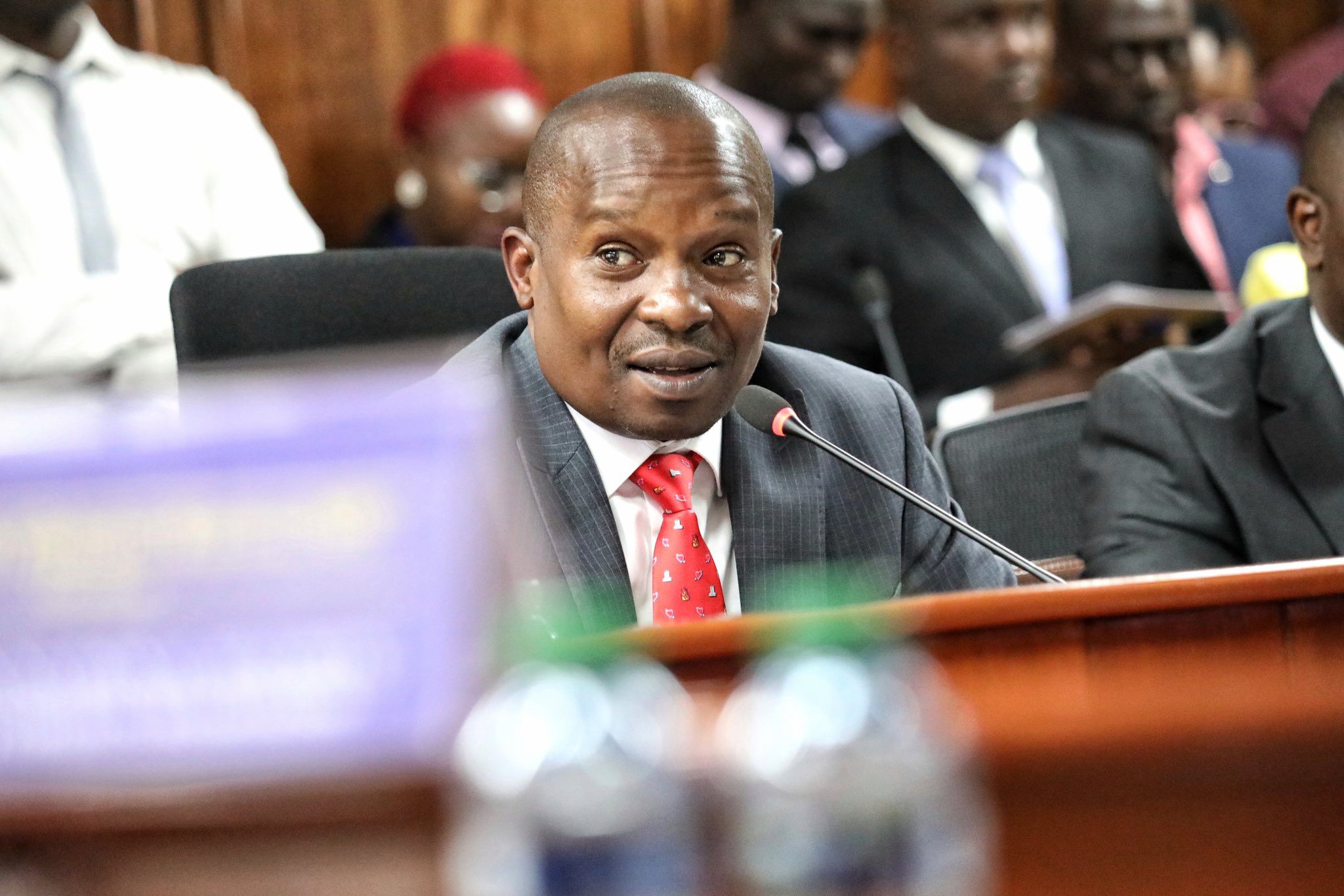
The government is also planning to issue all Kenyan internet users with unique virtual identities. To kick-off, all the devices will be issued with unique IP (internet protocol) addresses. This will in addition to tackling cyber crime allow for fighting vices such as terrorism and hate speech online. The project has been in the works since 2012, when the government commissioned the Public Key Infrastructure (PKI) with the intent of issuing securely signed digital certificates through a trusted certificate authority who in this case is KENIC.
Implementation will also ensure secure electronic transactions and business efficiency in the digital realm. The issuance of these digital certificates and IP addresses will allow for uptake of e-Government services. It will also bolster other areas of the economy such as financial services and storage of medical health information. The project is in line with the Communication Authority’s National Cyber Security Framework, a multi-sectoral defense strategy aimed at combating increasing cases. While we laud these efforts in tackling cyber crime, the project raises interesting concerns with regards to user privacy as it means the government can with intent spy on individuals.

















